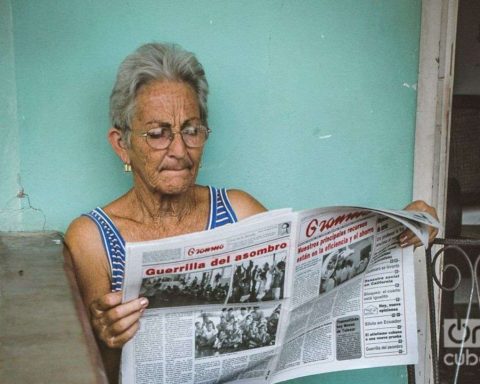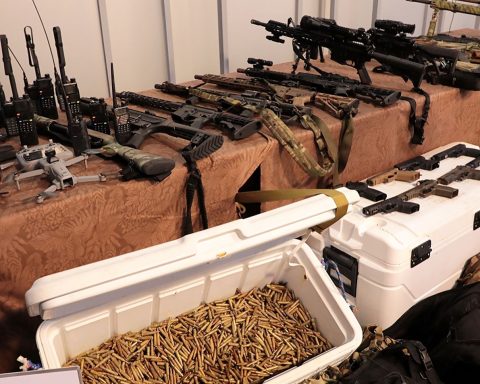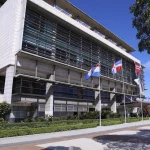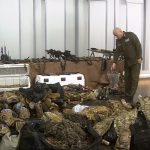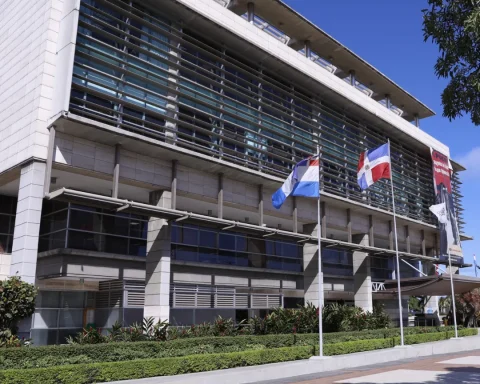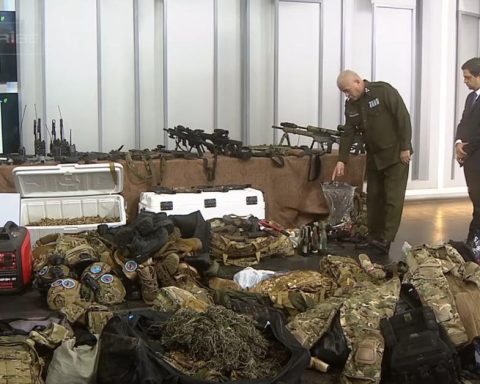MIAMI, United States. – The non-governmental organization Article 19 documented 125 attacks against journalists and 90 attacks against human rights defenders in Cuba, in the first half of 2022 alone.
In accordance with the report published this Tuesday by the NGO based in Mexico, the 125 attacks against journalists affected 61 people (28 women and 33 men); while 51 human rights defenders (23 women and 28 men) were targeted by state repression.
“It is important to note that the numbers of women who have been attacked and men who have been attacked have been on the same level, a fact that accounts for the increased participation and constant prominence of journalists, activists and human rights defenders, causing them to be harassed at a similar level than men”, states the Article 19 report.
The text also specifies that the most recurrent attacks against journalists were classified into 14 different types, including house arrests, official summonses, internet service suppressions and arbitrary arrests, among others.
For their part, the most recurrent types of aggression against human rights defenders totaled 16: arbitrary arrests, deprivation of liberty of people for the events related to the July 11, 2021house arrests, immigration regulations and even torture, among others.
“This trend has been observed this year as a continuation of the strategy of demobilization and intimidation against those who carry out coverage of daily life in Cuba and as a continuation of the effects of the protests of 11J 2021,” reads the report.
In addition, Article 19 specifies that house arrests in the case of journalists remain “a fundamental tool of control” insofar as people are not allowed to leave their homes until the Department of State Security decides.
For their part, subpoenas are commonly a resource to call and warn journalists that there is an interest of the National Revolutionary Police (PNR) and the Department of State Security in the journalistic activities that the person subpoenaed has developed.
“During these citations it is common for them to be threatened with legal proceedings against them,” the NGO notes.
“During this period, immigration regulations were a relevant control strategy, documenting eight cases of human rights defenders and four cases of journalists. These numbers are considerable in a context in which people linked to human rights defense groups and journalists have been threatened with legal proceedings if they do not leave the Island.”
Likewise, due to the importance that social networks have taken on in Cuba and the critical power that activists and journalists play in the digital sphere, the State has chosen to use restrictions on Internet access as a way to hinder information work inside from the country.
“Finally, arbitrary detentions have been an element in decline due to their substitution for house arrests as a measure that does not generate the same pressure and reaction in spaces critical of the government outside the Island,” concludes Article 19.
Receive information from CubaNet on your cell phone through WhatsApp. Send us a message with the word “CUBA” on the phone +525545038831, You can also subscribe to our electronic newsletter by giving click here.



